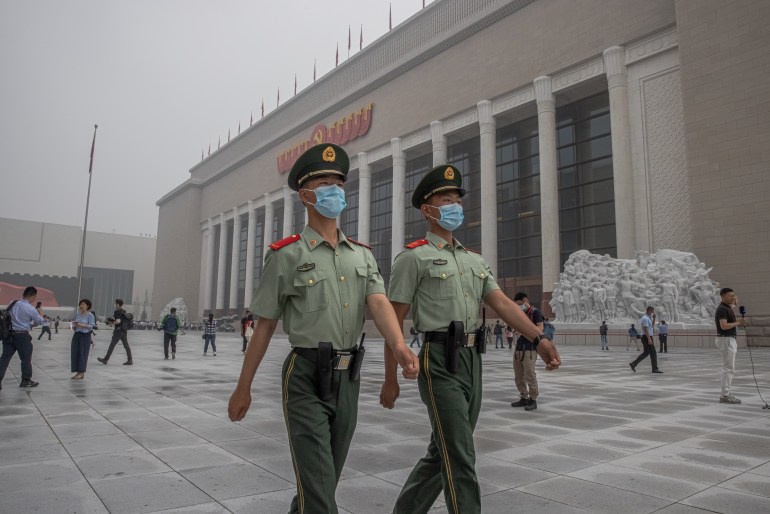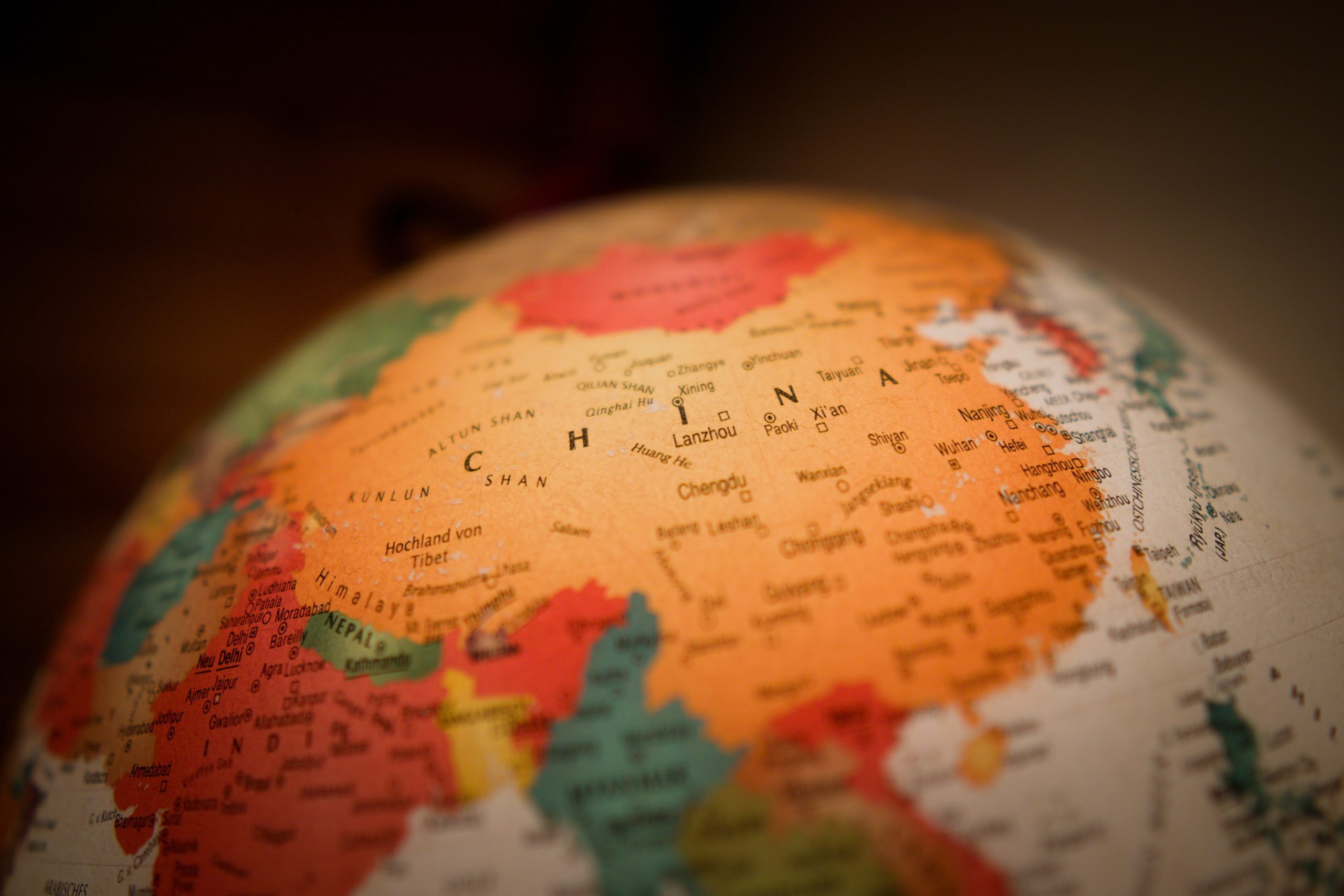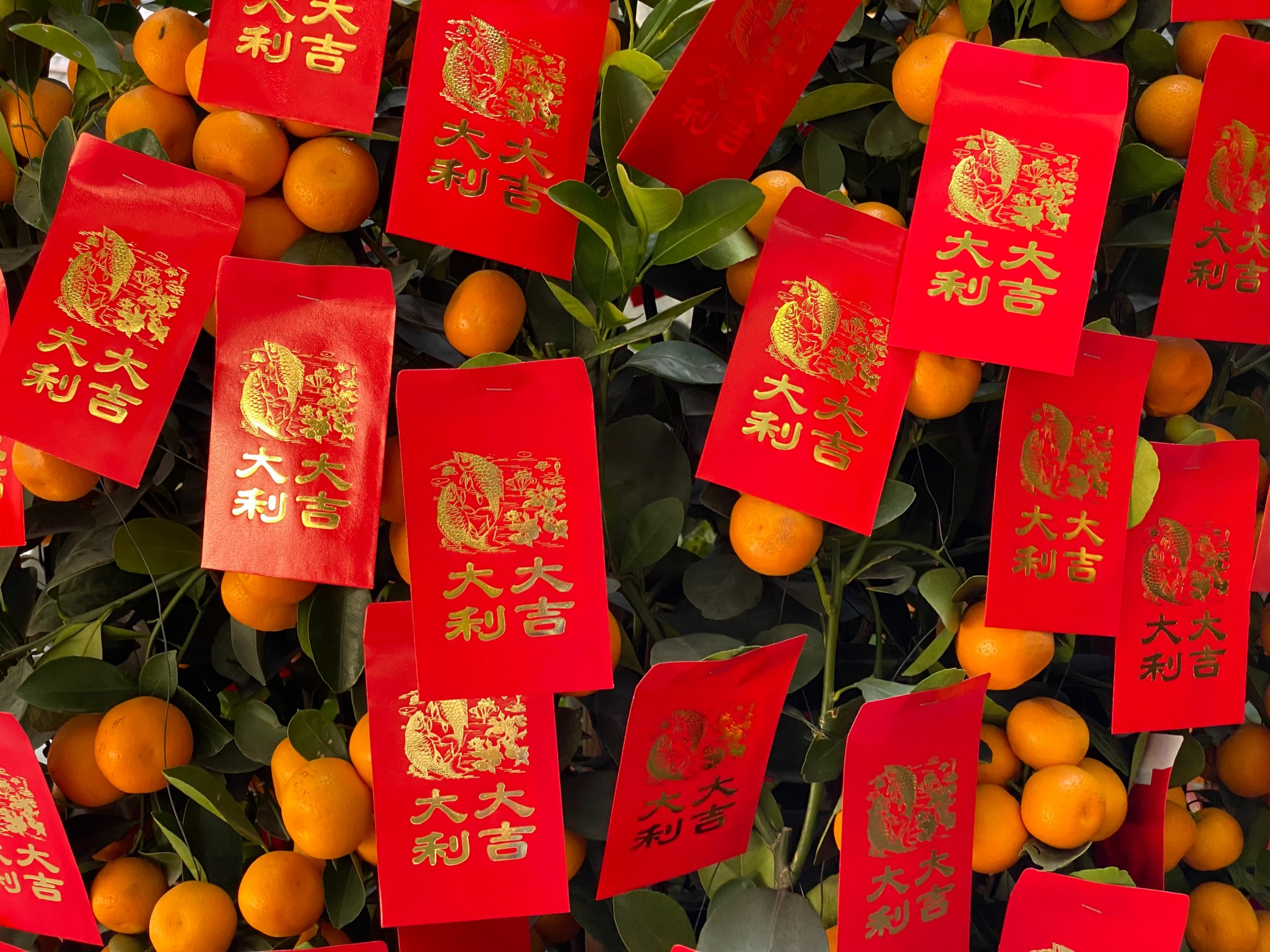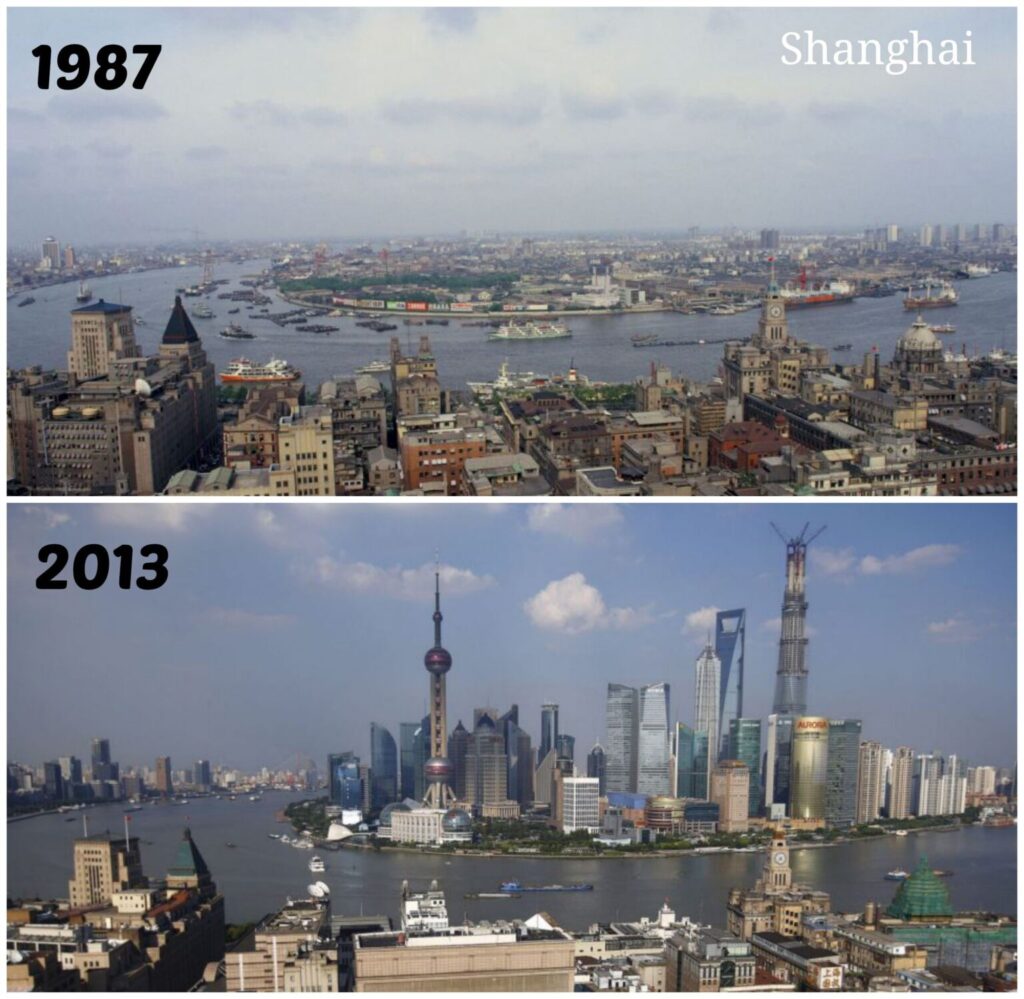The “brutalist philosophy” of the US was made public (曝光) by Robert Daly, a former US diplomat stationed in Beijing, in 2015. Currently, he is the director of the Kissinger Institute on China and the United States. No diplomatic niceties here, Daly frankly states the policy of the US: China must never reach the level of the US.
Paolo Urio, a professor emeritus at the University of Geneva, points out in his book, America and the China Threat: From the End of History to the End of Empire (Clarity Press, 2022), that the US has “started to understand that China’s development risked putting an end of the world that America made, the foundation of the dominant U.S. role in the world … certainly for the U.S. establishment, the major threat.” (p 5)
The Barack Obama administration with its “pivot to Asia” sought to contain China. (p 22)
Obama boasted in his 2016 State of the Union Address of US leadership:
Surveys show our standing around the world is higher than when I was elected to office, and when it comes to every important international issue, people of the world do not look to Beijing or Moscow to lead–they call us. (p 27)
One might argue that the mere fact that Obama felt the need for such bluster indicated some anxiety.
“American reactions to China’s rise is the fear of losing the U.S. capacity to lead the world, to lose the status of sole super-power that sets the rules of the international system…” (p 232) President Joe Biden recognizes that fear to which he said “That’s not going to happen on my watch because the United States is going to grow and expand.” (p 235)
America and the China Threat examines the validity of the the China threat and whether the US will succeed in denying China’s ascendancy. The book is divided into three chapters with a concluding section. In chapter one, Urio debunks myths about the United States and China. In chapter 2, he examines the ideological differences between the US and China throughout history. Chapter 3 is titled “The Policy and Power Divide,” which again examines the differences over time between the US and China. The book concludes by pondering the question “If America Is Back, Then What Kind of America Is It?”
Urio begins by dismantling the myth of a free market upon which US capitalism is rooted. The Swiss author cites Adam Smith who promoted “a market free from the realization of rent (in his time, the rent from land) that is not the result of work.” (p 44) The market that exists now, writes Urio, is one massively tilted in favor of a tiny wealthy minority. (p 45)
Next, Urio exposes the myth of democracy. Within capitalist countries, the major problem, finds Urio, are the interferences of the economy and major political organizations. (p 48) And, of course, there is the influence of money. (p 49) Concerning the protest movement in Hong Kong, Urio writes that the West depicts it as “a desperate demand for democracy due to the interferences of the Chinese dictatorship. There is certainly some truth in this…” (p 53) What was this “some truth”? Urio did not elaborate. He did state that it was not about a democratic deficit but rather the inequality in Hong Kong.
Urio makes clear later that China is not a dictatorship. (p 86-92) The government serves the needs of the Chinese people and is supported widely by the people. (p 91)
Urio derides what passes for democracy in western media: a merger between political and economic elitists. (p 57) The US, he says, is a non-democracy: a plutocracy. (p 341) In contrast,
author Wei Ling Chua wrote, “The strength of China’s political system is that they need not compromise with corporate interests like in the West…”
Sometimes Urio makes perplexing statements. For example, on page 254, Urio writes Switzerland is the “world’s most democratic country.” He didn’t elaborate on this disputable claim that would best have been omitted from the manuscript. He also writes, “Since the beginning of the 20th century the U.S. has not won a single great war on its own.” (p 61) Two riders hang on this claim. First there is nothing great about war. But obviously, Urio refers to a large war. In the 20th century, there were only two large wars: WWI (which many call the Great War) and WWII. There were so many combatants involved in these large wars that renders “on its own” nugatory. The US has won a few wars on its own (e.g., the invasion of Panama and Grenada), but such wars against comparatively tiny opponents reveals the US to be at best a bully. A bully is a morally deficient person. That the United States is a morally flawed entity is clear from the deeply racist history of European settler-colonists having spawned the country through wars and broken treaties against the Original peoples on Turtle Island. (p 207-209) This was followed by the forced transer of Africans to provide slave labor. (p 79-83) Urio did not mention, what is usually omitted from history, that Indigenous peoples were also enslaved in America.
American superiority and invincibility is another myth that is deflated in America and the China Threat. The US is a warring nation, having been at war for 229 out of 239 years (93%) of its existence from 1776 to 2015. (p 66) To that number can be added the continuation of warring from 2016 to 2022. The belief in military superiority is dangerous reveals Urio, especially when applied to China: “The consequence of over-estimating present power can be … devastating if a competitor is on an ascending trajectory as far as its power resources are concerned.” (p 74)
China’s last war was its shameful, truncated invasion of Viet Nam in 1979.
Another myth debunked about China is the claim that it has a state-capitalist economy. Urio explains that, among other reasons, China is a socialist-market economy: land is collective property, its anti-neoliberal orientation is people first, and banking is controlled by the state.( p 94-95)
To anyone closely observing the agricultural and technological leaps by China, the myth of China being a copycat manufacturer is balderdash. Robert Temple wrote of the myriad inventions that sprang first from the Chinese mind in The Genius of China: 3000 Years of Science, Discovery and Invention (1998), based on the research of Dr. Joseph Needham. Chinese innovations today are a continuation of its historical creativity.
However, China’s being at the technological, innovative forefront chagrins many westerners. A prime example is the vendetta against the 5G, and 6G on the way, communications leader Huawei. This has evoked enormous jealousy and consternation among US elitists. Among the many examples of Chinese excellence is its state-of-the-art high-speed train network, including maglevs; cutting-edge AI and robotics technology; quantum computing breakthroughs; it announced plans to construct the Circular Electron–Positron Collider (CEPC), five times larger than the CERN Large Hydron Collider in Switzerland; China continues research into nuclear fusion and its “artificial sun” — Experimental Advanced Superconducting Tokamak (EAST) — project has sustained a nuclear fusion reaction for more than 17 minutes; in space, there is humanity’s first soft landing on the far side of the moon, China is the first nation to carry out an orbiting, landing, and rovering mission on Mars successfully on its first try. The US shut China out of participation in the International Space Station, so China put the Tiangong space station into orbit, to which China invites foreign participation.
Won’t the growing Chinese middle class demand a western style political system? The expectation that Chinese would pine for the purportedly superior western political system likeliest reflects western smugness. One ought to give the highly educated Chinese more credit. The mere fact is that China has risen so far and so fast, conquered extreme poverty, and is preparing put a nuclear-powered research station on the moon while a sizeable segment of the West still struggles with tent cities, hunger, unemployment, stagnant wages, drug addiction, etc. Why would Chinese people opt for the western political system that has wrought so much misery?
Oria also debunks the notion of China becoming imperialist. Chairman Xi has on many occasions denounced hegemony. As Oria notes, the West seems stuck in projecting itself onto other countries. (p 114)
American ideology is predicated on its chosenness, its exceptionalism, its having a manifest destiny, being the indispensable nation, and being the leader of the free world. (p 120-131) Being the leader, it has the right to decree what is right or wrong and to intervene at its choosing. Writes Urio, “the U.S. tendency has remained, constantly and consistently, to intervene everywhere, whenever possible, by any means, to diffuse the good news of the new world order.” (p 131)
The Monroe Doctrine has been expanded around the world. Thus, the US breaks promises and sends military assets to the Russian frontier, to the former Soviet republic, Ukraine — what Russia has indicated is a redline. The US feels no embarrassment to tell NATO-ally Germany to not buy Russian gas. “This is another example of how the U.S. plans to lead the world and tell its allies what their interests are.” (p 145)
The key US-designated adversary, though, is China. (p 150)
Urio contrasts the static ideology of the US with the Chinese view of the world as perpetually changing. Thus, China remains prepared to adjust accordingly to seek harmony. The vehicle for that harmonization since 1949 has been Marxist-Leninism adapted to Chinese circumstances. Confucianism, molded to the present circumstances, holds the ruler is duty-bound to be moral and look after the people. (p 171, 187, 203) To this end, the Chinese people, writes Urio, will stand by the CPC as long as they can live comfortably. (p 186)
Urio identifies the US as in decline because the politicians have favored the capitalists over the well-being of the country and its people. (p 243) Spending for the military-industrial complex is rampant (p 244) and has diminished spending in other social areas. (p 247) It is a priority markedly different than in China.
Militarism is obviously out of the question to any sane analysis against a formidable, nuclear-armed China. Propagandizing is left as a tactic of choice. The US has targeted, in particular, Tibet, Xinjiang, and Hong Kong. Available facts belie western propaganda, disinformation, and incitement concerning these regions. Moreover, given that the continental US is based on the genocide and dispossession of the Original peoples, that Hawai’i was dispossessed from the Hawaiian people, that Guam, Saipan became administered territories of the US through far flung wars, it seems, moderately speaking, outrageous to criticize another country.
Under Xi, the goal is attaining the Chinese Dream. Part of paving the way for the Chinese Dream means getting the economy right. In terms of economic growth China is faring extremely well, but as is detailed in America and the China Threat, getting the balance right between rural and urban, among the regions, and the narrowing the gap between the wealthy and struggling people (China has a high GINI coefficient) is a work in progress. Urio finds, “The overall result is that China is improving the living conditions of all strata of its society, thus realizing a satisfactory level of social cohesion, stability, unity and harmony, in spite of the persistence of disparities.” (p 287)
One challenge for China, and other nations, is obtaining a level playing field in global commerce to break the stranglehold of the US dollar. Urio describes how this is being realized by China and other countries. China has entered several economic associations, among them the Shanghai Cooperation Organization (SCO), BRICS, and effective since 1 January 2022, the Regional Comprehensive Economic Partnership (RCEP), a “free” trade agreement among the Asia-Pacific nations of Australia, Brunei, Cambodia, China, Indonesia, Japan, South Korea, Laos, Malaysia, Myanmar, New Zealand, the Philippines, Singapore, Thailand, and Vietnam. Some indications point to the supremacy of the US dollar eroding.
Near the end of the book, the lynchpin of the Chinese policy, the Belt and Road Initiative (BRI) is fleshed out. The BRI is daring and brilliant. With a road belt across Eurasia and a maritime road connecting Africa, the BRI encircles the globe. It is an ever-expanding project encouraging economic development, sharing possibilities among several countries, and attracting the interest of other countries. Who’d like to be left out of such a massive project? The US is opposed to the BRI since it represents leadership by China. Part of the genius of the BRI is that it skirts much of the US military encirclement of China. Says Urio, “BRI is above all a geo-strategic project that, if fully realized, will allow China to reclaim its status as a world power, thereby putting an end to the unipolar ‘world America made.’” (p 337)
Biden and preceding administrations have not understood that it is economic not military values that will attract other countries. (p 349) China seeks win-win relationships, respects national sovereignty, and does not interfere in the domestic affairs of other nations. (p 351)
On January 18, 2022, Vice Foreign Minister Le Yucheng spoke to a forum hosted by Renmin University:
Let the 1.4 billion Chinese people live a good life and satisfy the people’s yearning for a better life is the goal of the Communist Party of China. You must know that there are still 1 billion people in China who have never been on a plane, and more than 200 million Chinese families do not have toilets. The proportion of Chinese people who have obtained a college degree or above is only 4%, compared with 25% in the United States. This is what we should attach great importance to and strive to change. Compared with whether GDP is super beautiful, we value our ideology, governance ability, and contribution to the world to catch up and surpass, and strive to be more advanced, more in line with people’s expectations, and more in line with the trend of the times.
Does that sound threatening? America and the China Threat lays out the background and foreground to the dynamism between the US and China. One can comprehend the apprehension of US empire observing the unabating ascendance of China, and the US’s unwillingness to accept the rise of China. For most observers it is a fait accompli. The US can squawk about China ascendancy or work with it. Volens nolens, China will continue ascending.
The post
What Kind of Threat is China? first appeared on
Dissident Voice.
This post was originally published on Dissident Voice.




















